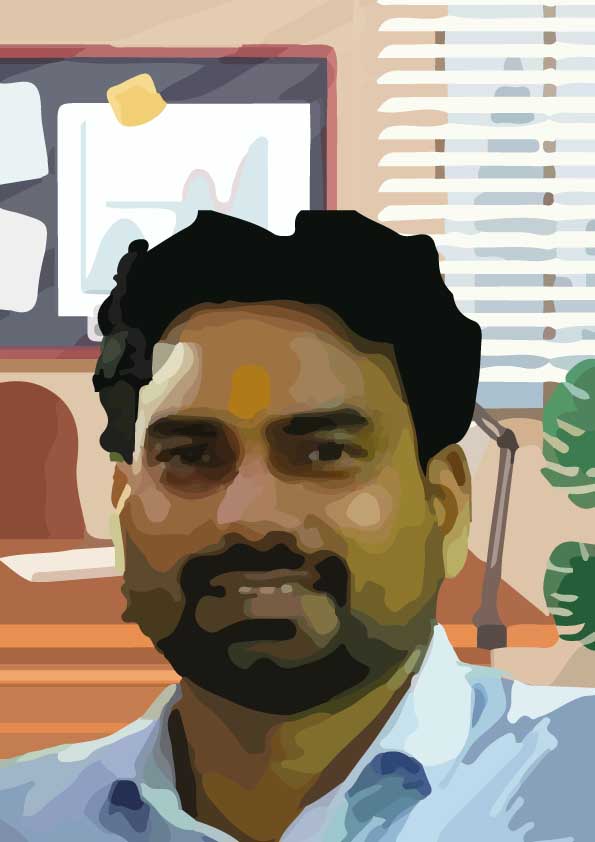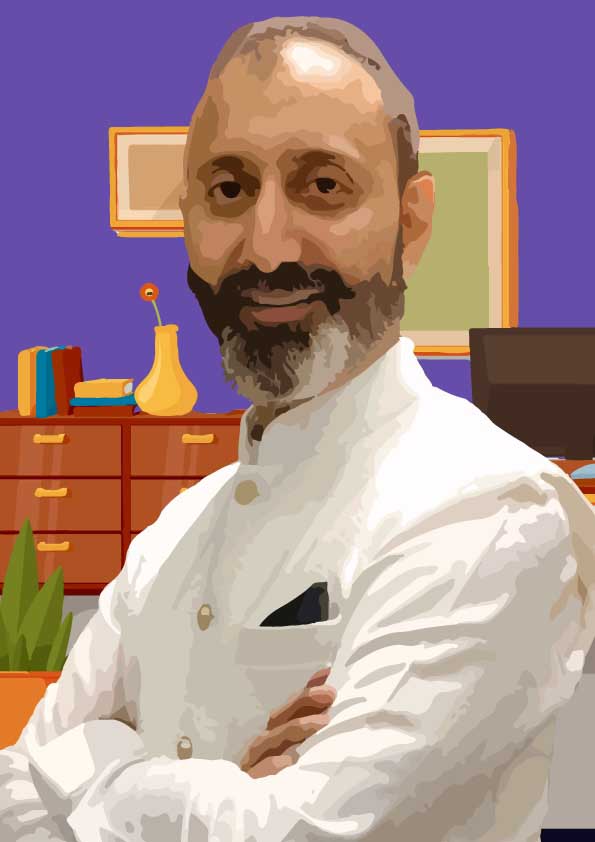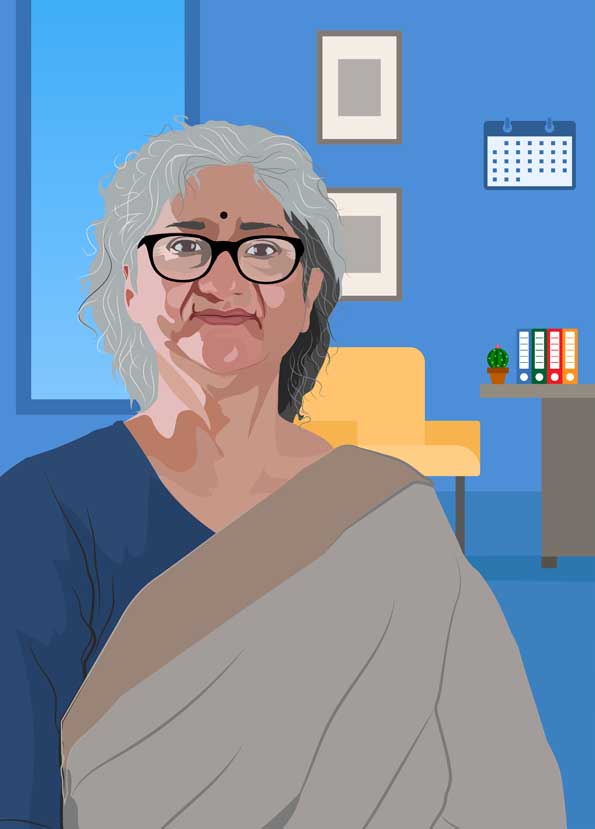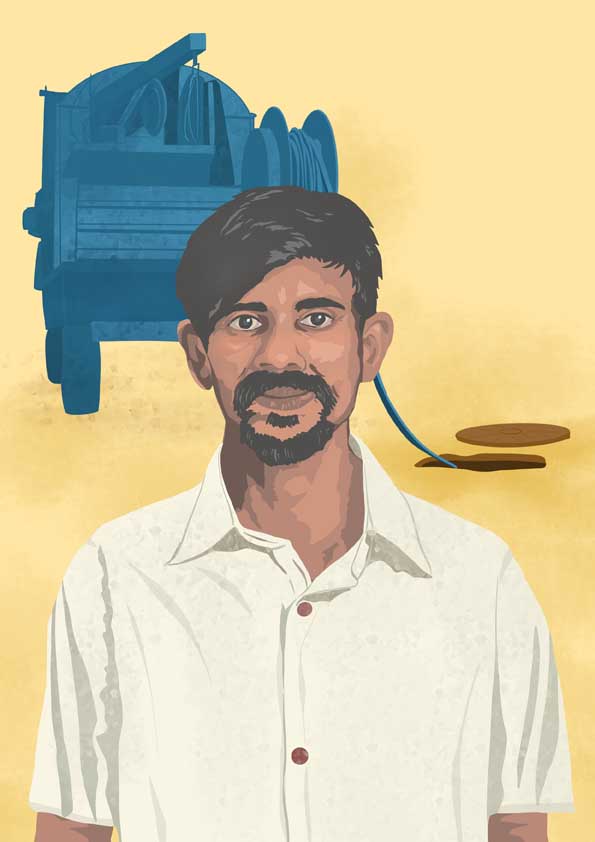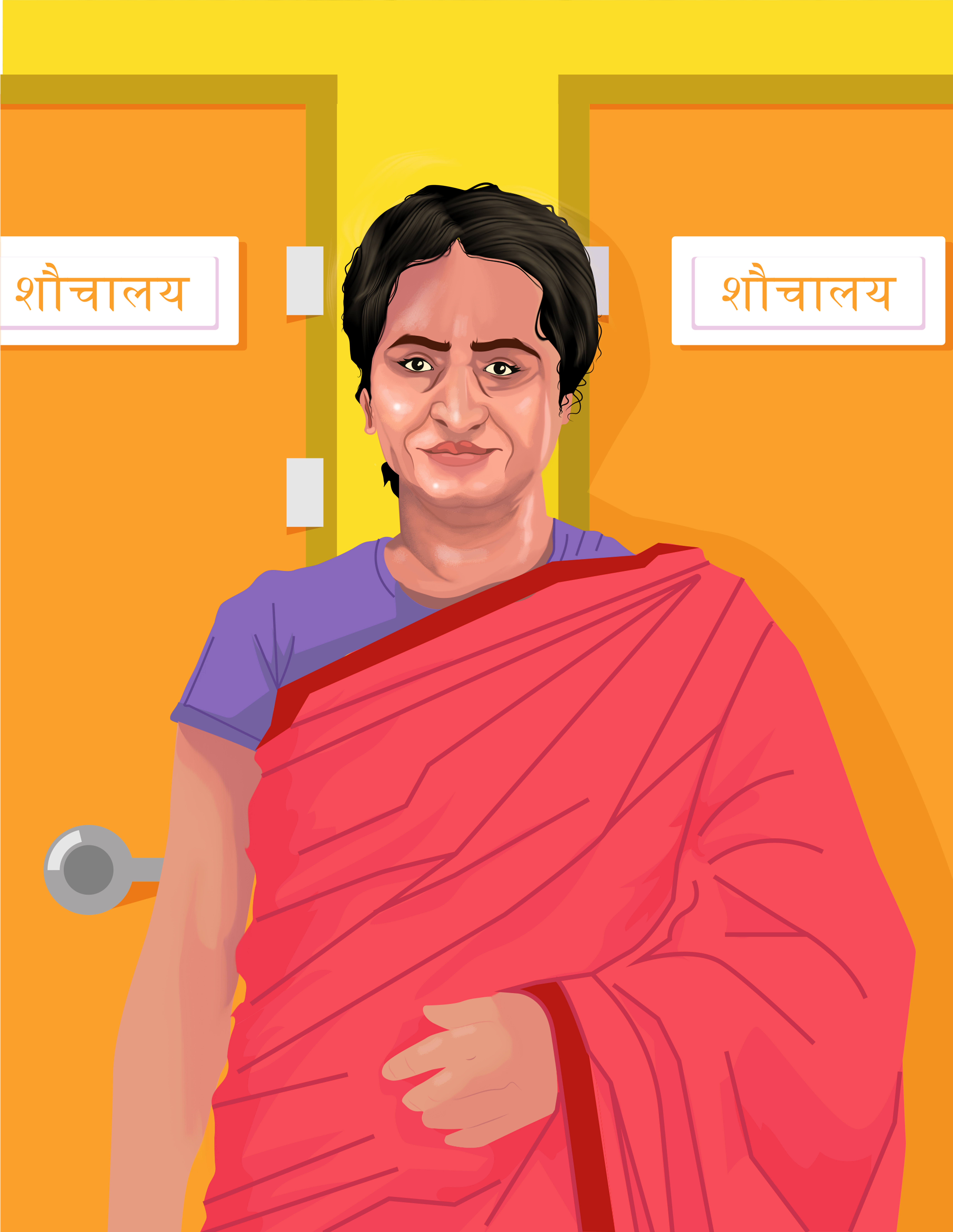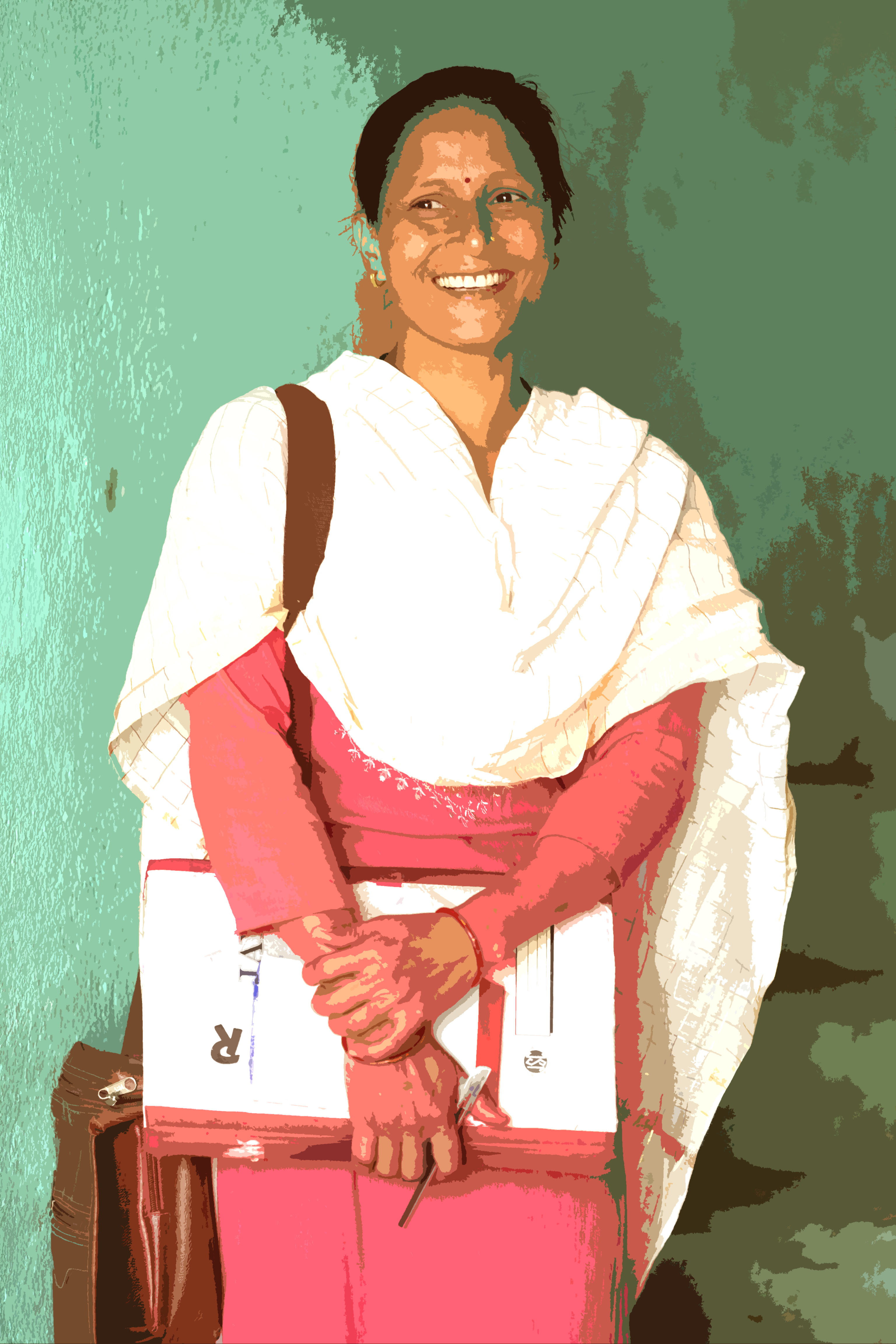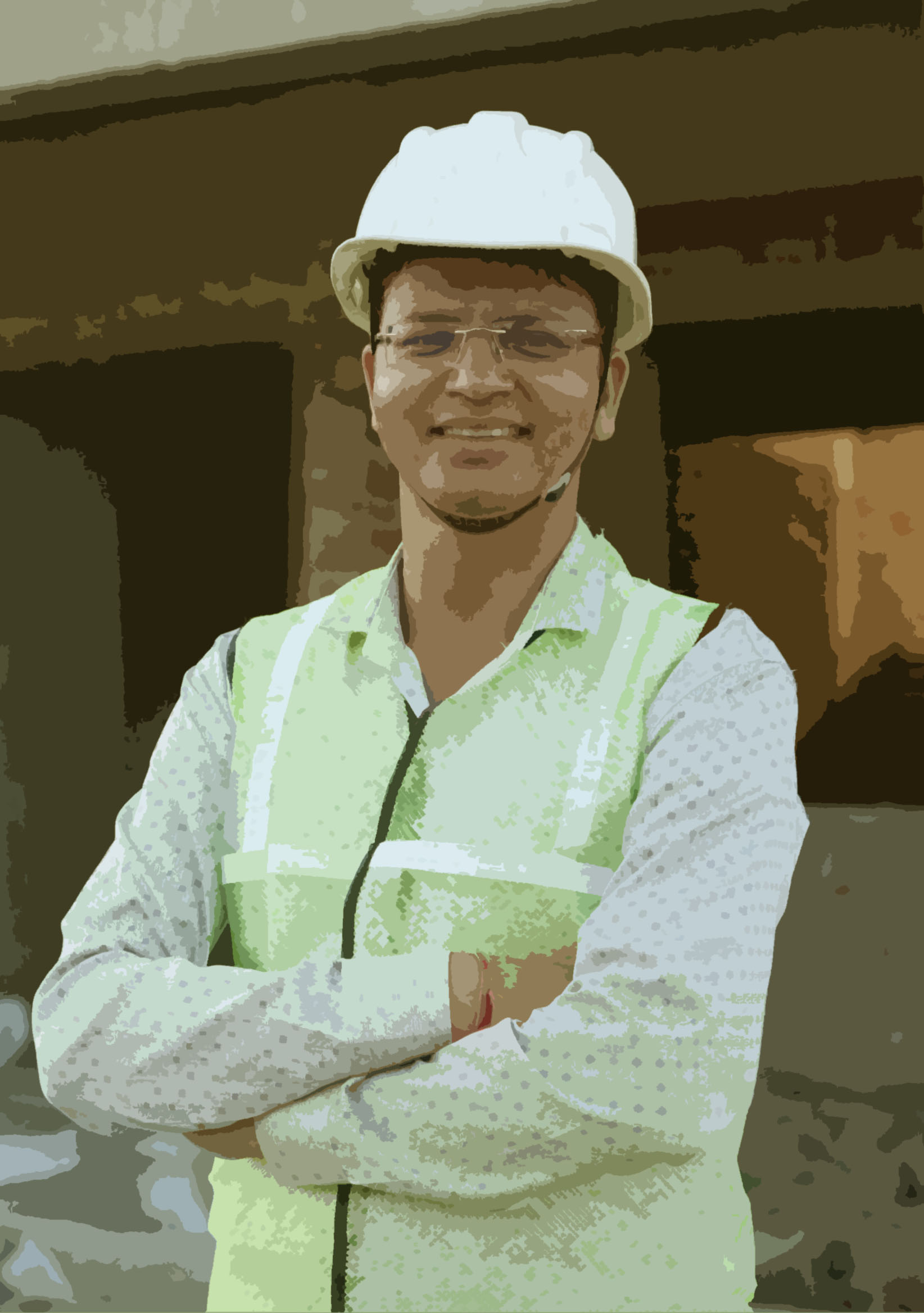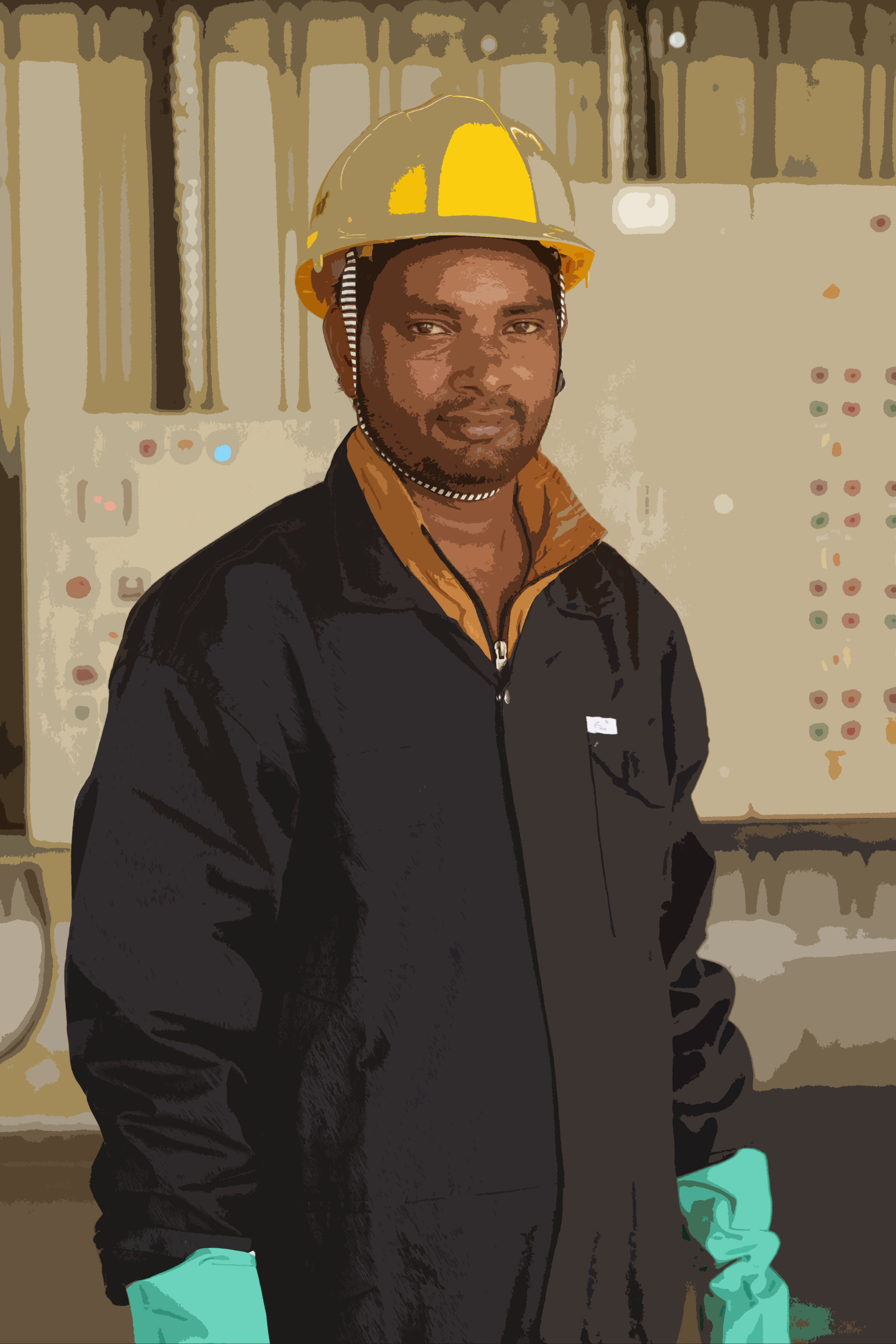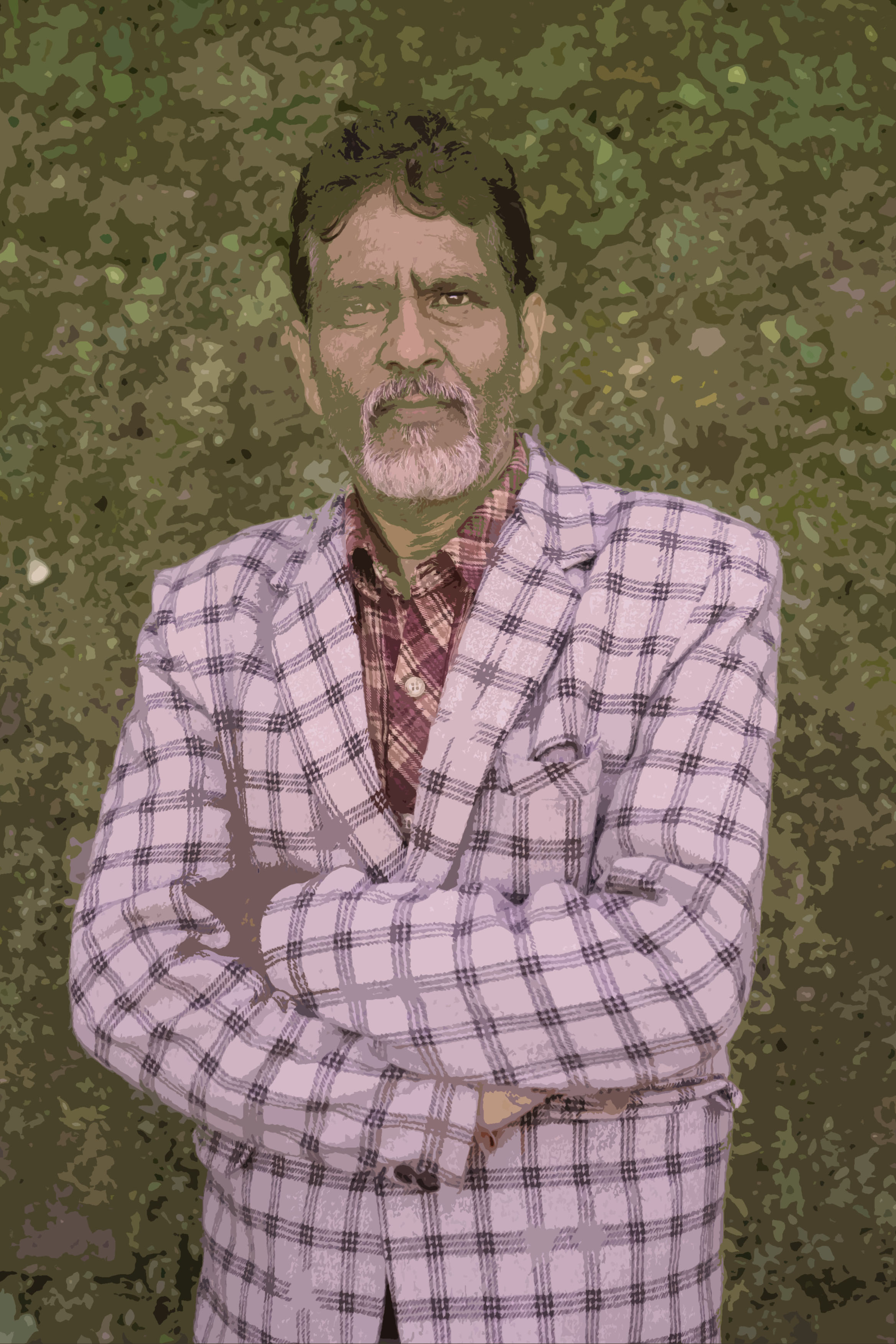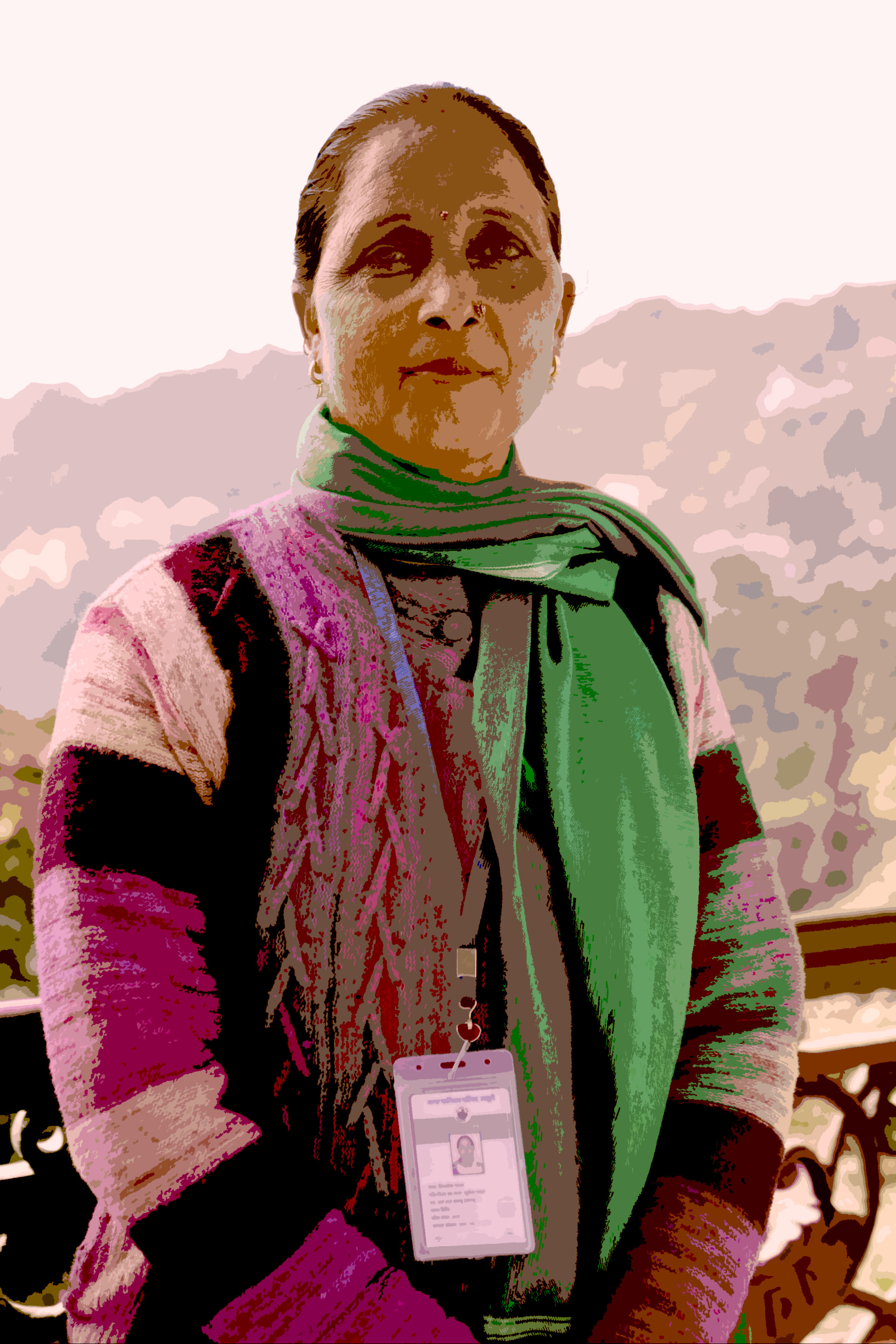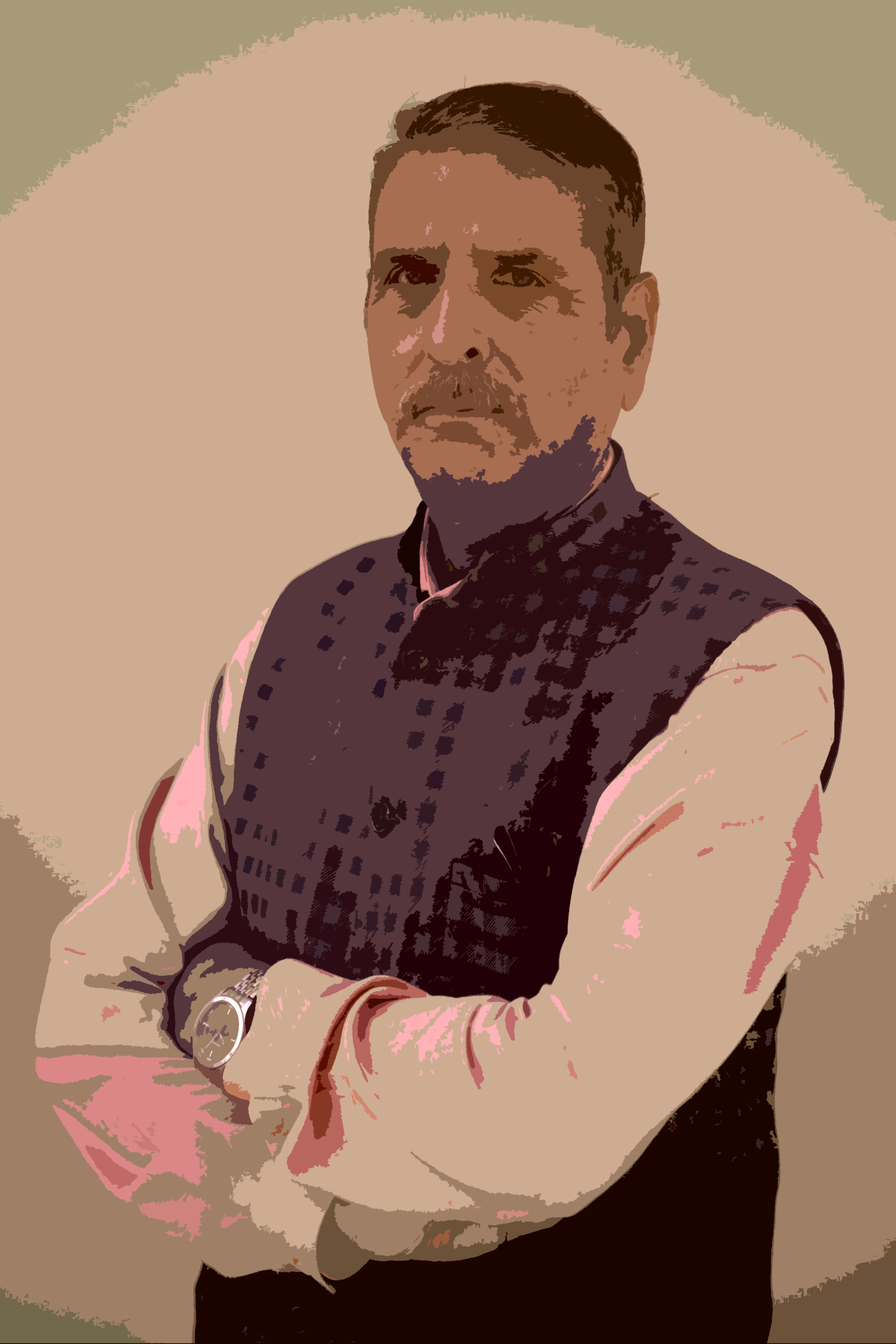In his role as the Executive Officer (EO) of Bijnor Nagar Palika Parishad (BNPP) in Uttar Pradesh, Durgeshwar Tripathi has made great strides in city sanitation management. Holding a postgraduate degree in Sociology, Durgeshwar has propelled capacity-building training, workshops, and international field visits, all geared towards enhancing Faecal Sludge Management (FSM) practices.
In a district heavily influenced by political narratives, BNPP boasts a robust City Sanitation Taskforce (CSTF) representing diverse women leaders. They convene quarterly to guide discussions on critical facets of the sanitation value chain. Durgeshwar's position as EO enables him to stay abreast of the city's sanitation endeavors. Recognizing the pivotal role of sanitation workers, BNPP, with technical support from the Centre for Science and Environment (CSE), conducts regular training and awareness programs. These initiatives have been particularly impactful, ensuring the adoption of safety gear, self-hygiene, and equitable work rights among sanitation workers, with women workers taking the lead.
Durgeshwar's leadership came to the forefront during the COVID-19 pandemic in 2020. Workers emptying septage tanks were issued special passes to ensure uninterrupted services during the crisis, while hygiene practices such as mask-wearing and handwashing were encouraged. CSE's technical support played a crucial role in preparing Information, Education, and Communication (IEC) materials for FSM.
Having been recognized as the second-best Ganga town with a population above 100,000 under the Swachh Survekshan 2020, Mr. Tripathi aspires for Bijnor to clinch the subsequent Swachh Survekshan award as the champion. The BNPP, in collaboration with the CSE-supported Malasur campaign, seeks to encourage citizens to empty their septic tanks promptly. The city is also progressing towards achieving the ODF++ status through upcoming co-treatment initiatives.


